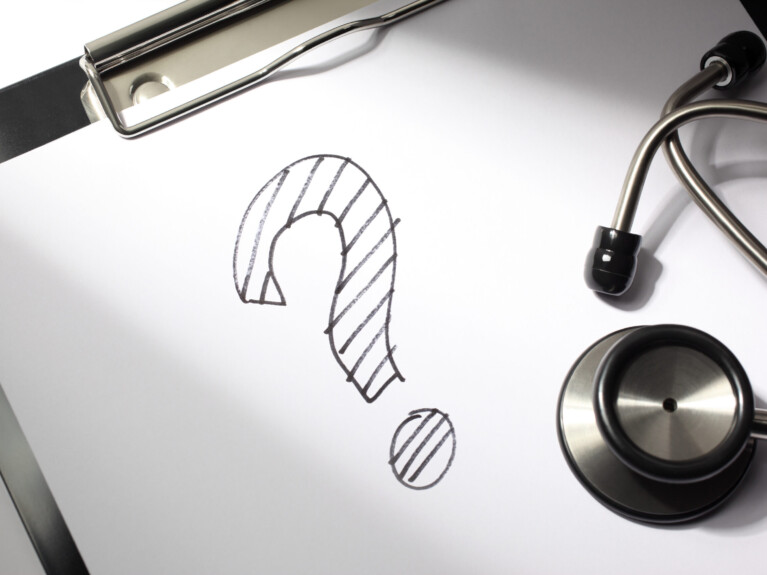Question of the Week: Medical Expense Exceptions
Q: I read an article recently that implied it is possible to withdraw from an IRA penalty-free for dental work. Is this subject to some limits? What are they? Also, if this is correct, is it also possible to withdraw from an IRA (like the TSP) for hearing aids? Especially for that portion of the hearing aids purchase that is not covered by FEHB insurance benefits?
A: The medical expense exception allows one to withdraw a certain amount of money from an IRA before 59 1/2. However, there is a calculation that must be met first. You must look at the excess unreimbursed medical and dental expenses that exceed 10% of your adjusted gross income. For example, if your adjusted gross income is $100,000, then 10% of that is $10,000. Assume your unreimbursed medical or dental expenses are $15,000. $15,000 minus $10,000 = $5,000. So, the amount you can withdraw in this example without the 10% early penalty would be $5,000. One must also be careful about the timing of the medical/dental expenses and using IRA money to pay for them. Essentially, you must pay the medical expenses in the same year that the distribution was made from the IRA. Note that the exemption applies to both employer-sponsored retirement plans like the TSP, 401(k)s and 403(b)s, and personal IRAs. Also remember that even if you qualify for this penalty-free withdrawal, the monies you are withdrawing were originally tax-deferred, so you will still owe taxes on the distribution.
For more information on this topic, visit the IRS website on exceptions to taxes on early distributions.


